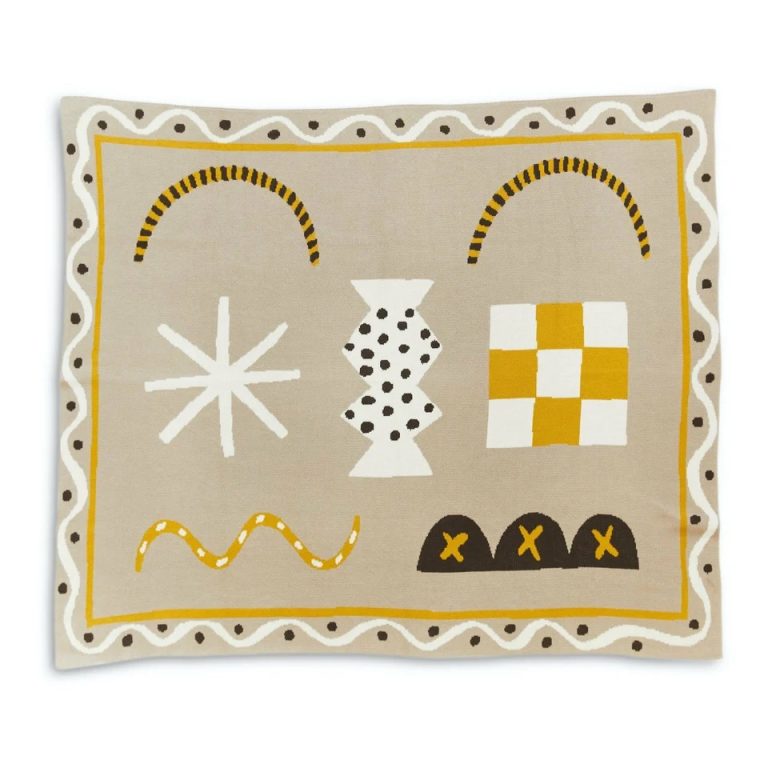In the age of mass production, where the textile industry faces constant changes and challenges, there’s an unmistakable charm in handcrafted goods — and even more so when they’re locally made. Knitted and produced on Long Island, New York, Biquette stands out by marrying artistry with sustainable production in an era where the two are often seen as mutually exclusive.
Featured at NY NOW’S summer wholesale event, Biquette stands as one of the last bastions of New York’s textile heritage by using a knitting mill on Long Island to create its long line of throw, wedding, and baby blankets. The region’s textile legacy dates back decades and is filled with stories of transformations, transitions, and tenacity.
MORE ON THIS: NY NOW’s Summer Market Event Showcases Innovation, Community, and Transformation
Background and genesis
“I’ve been in the yarns and fiber business for 28 years,” one of the owners of Biquette told Vision Times in an exclusive interview. Sourcing yarns from as far away as Taiwan, China, Thailand, Indonesia, and Europe, the company watched as the textile industry evolved and changed over the years.
Andy Concilio, the co-owner chimes in, detailing a journey that began in 1978 with manufacturing sweaters for women. By 1999, the transition to producing blankets commenced. “We’ve been doing blankets ever since.”
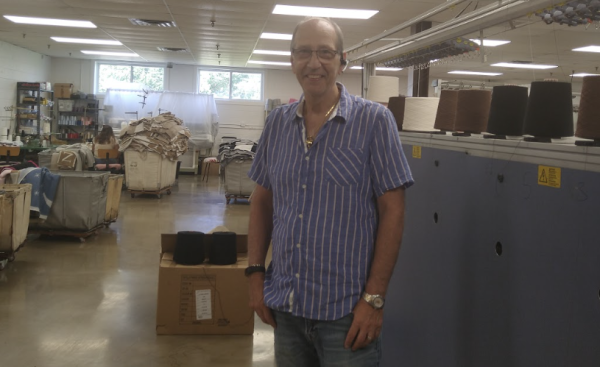
Success
You are now signed up for our newsletter
Success
Check your email to complete sign up
However, the true innovation came about five to seven years ago. “We came to the idea of doing production on demand by making blankets on demand, using various fibers, and having very little waste and inventory,” he shares. The concept was simple: Produce only when there’s a demand, whether it’s for a single piece or a batch of 100. This was a striking departure from the industry norm of mass production, the pair added.
Another feather in Biquette’s cap is its commitment to artistry. By collaborating with talented artists and designers from all around the world, the brand’s offerings range from contemporary abstract designs to intricate traditional patterns — all made using high quality raw materials such as Egyptian cotton and Merino wool.
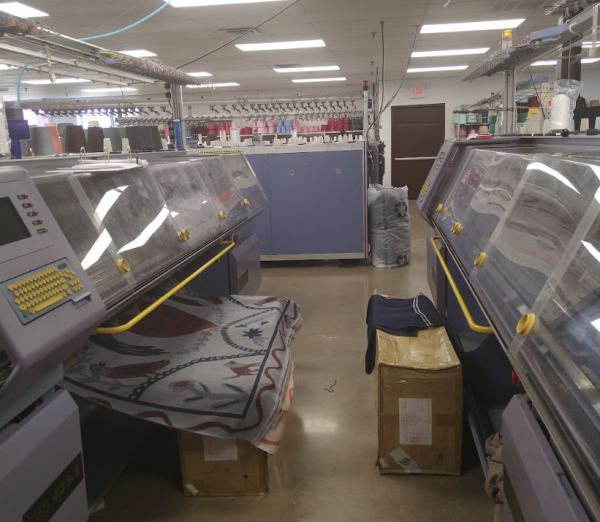
Every blanket tells a story — not just of its creator but also of the countless hands that have meticulously crafted it, said Concilio. To own a Biquette blanket is to own a unique piece of art, rich in history and sentiment.
The pitfalls of mass production
The traditional textile system is riddled with inefficiencies, noted Concilio. “Usually, you bring in production from overseas. You design your product months ahead, not knowing how much will be consumed,” he says, outlining the flaws in the existing paradigm. There’s a lag between order and delivery. Products arrive, get sold at retail stores, and if they don’t fly off the shelves, they get discounted repeatedly. “Usually, about 40 or 30 percent of them don’t get sold. So a lot of it ends up being discarded into landfills,” he added.
Even luxury brands aren’t immune to this pitfall, added Concilio. Many overproduce and, rather than see their products in discount stores, opt to destroy them. “They end up burning them, burying them in the ground,” he reveals. This wastefulness is not just detrimental to the environment but also reflects a broken system where unpredictability and overproduction rule the roost.
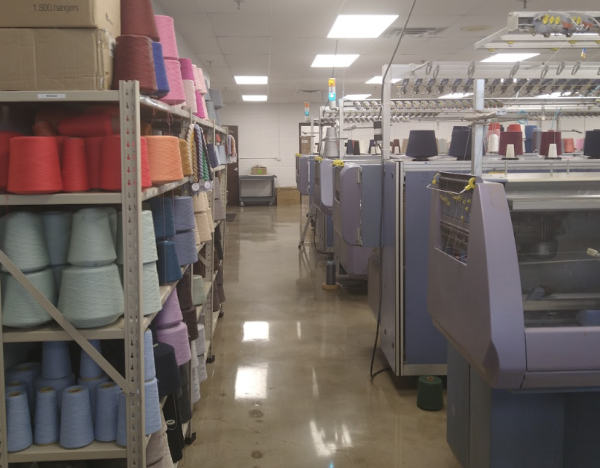
With the heart of Biquette’s philosophy aimed at providing sustainable and high-quality products, the company hopes to achieve a double victory. First, it gives a nod to New York’s rich textile history by keeping alive a once-thriving industry. Secondly, it dramatically reduces the carbon footprint that would have been inevitable with long-distance shipping from international factories. In today’s environmentally-conscious world, this decision speaks volumes about Biquette’s forward-thinking approach and devotion to ethical consumerism.
Biquette also prides itself on producing blankets that are par excellence. Their tactical perfection aims to strike the delicate balance between indulgent softness, weight, durability, and performance. These aren’t just blankets; they’re heirlooms in the making. Designed to stand the test of time, every Biquette blanket promises to be a fixture in homes for years, if not generations.
Challenging the status quo
“We understand how dirty the industry is,” said Concilio, emphasizing the facade big brands put up with to promote their goods. He makes note of the certification systems, calling them mere superficialities that pile on expenses for factories without tangibly improving worker conditions or the environment.
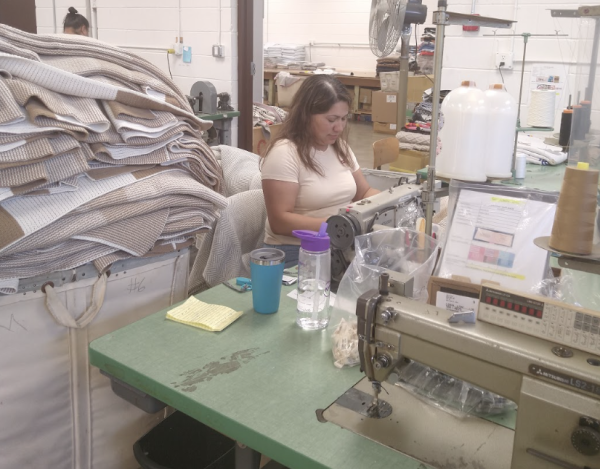
Instead, Biquette offers a transparent system to rectify these issues. “We sell directly to our consumers and we pay our workers a fair rate,” the owner states. The company believes in crafting the best quality products, saving on wastage, and transferring the benefits directly to the consumer.
Moreover, Biquette highlights the flawed logic in how recycled materials are used in textiles. “You use recycled material, you only recycle it once, and 34 percent of it still goes into landfill,” argues Concilio, while advocating for more sensible recycling practices.
By choosing to operate locally, collaborate with artists globally, and employ a made-to-order business model, Biquette is making a powerful statement about the future of textiles and retail. Every stitch, every pattern, and every blanket is a testament to what’s possible when artistry, ethical craftsmanship, and sustainability converge.
For more information about Biquette, including pricing and available products, please visit the official website here.
Johnson Ding, Mary Lee, and Judy Tao contributed to this report.



